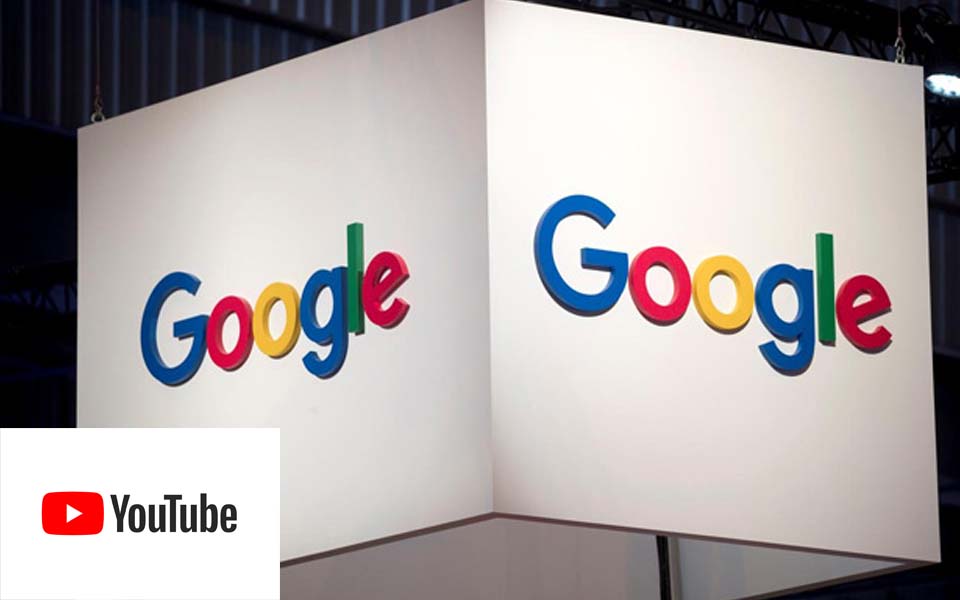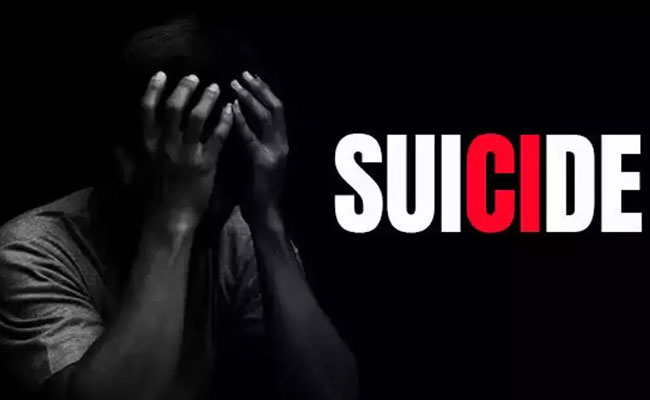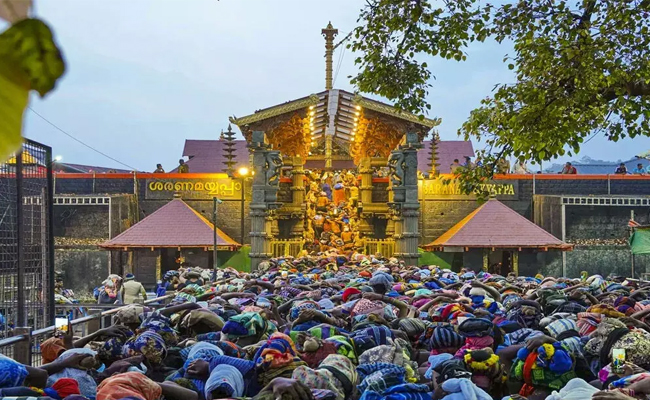Washington, Sep 4: Google agreed Wednesday to pay USD 170 million to settle charges that it illegally collected and shared data from children on its YouTube video service, a deal critics said was too soft on the internet giant.
The settlement with the Federal Trade Commission and the New York state Attorney General is the largest amount in a case involving the Children's Online Privacy Protection Act, a 1998 federal law, officials said.
Officials said YouTube violated the law that requires child-directed websites and online services to obtain parental consent prior to collecting personal information from children under 13 which may be used for advertising.
The company marketed itself as a destination for children and benefited by selling advertising to toymakers and others seeking to connect with young audiences, according to the FTC.
FTC chairman Joe Simons said the settlement "prevents YouTube and Google from turning a blind eye to the existence of kids-directed content" on its platform.
Simons said the settlement makes Google liable for violations by third-party content creators, going beyond federal law that requires the platform to have knowledge that videos are directed at children.
"No other company in America is subject to these requirements," he said.
Letitia James, the New York attorney general, said the deal calls for "major reforms" to YouTube's business practices in addition to the fines.
"Google and YouTube knowingly and illegally monitored, tracked, and served targeted ads to young children just to keep advertising dollars rolling in," said James.
YouTube outlined how it would change the way it handles children's content under the agreement.
"We will treat data from anyone watching children's content on YouTube as coming from a child, regardless of the age of the user," YouTube chief Susan Wojcicki said in a statement.
"This means that we will limit data collection and use on videos made for kids only to what is needed to support the operation of the service. We will also stop serving personalized ads on this content entirely, and some features will no longer be available on this type of content, like comments and notifications." Wojcicki added that Google would create a USD 100 million fund "dedicated to the creation of thoughtful, original children's content on YouTube and YouTube Kids globally."
The settlement, which must be approved by a federal court, calls for the FTC to receive USD 136 million and New York state the remaining USD 34 million.
The deal was approved by a 3-2 vote of the FTC commissioners, with the two Democrats calling for tougher penalties.
The deal "repeats many of the same mistakes from the flawed Facebook settlement: no individual accountability, insufficient remedies to address the company's financial incentives, and a fine that still allows the company to profit from its lawbreaking," Democratic commissioner Rohit Chopra said in a dissent.
"The terms of the settlement were not even significant enough to make Google issue a warning to its investors." Activists who filed a complaint last year against YouTube also said the deal falls short.
"We are gratified that the FTC has finally forced Google to confront its longstanding lie that it wasn't targeting children on YouTube," said Jeff Chester of the Center for Digital Democracy, one of the groups in the complaint.
The "paltry financial penalty of USD 170 million" is a mere slap and "sends a signal that if you are a politically powerful corporation, you do not have to fear any serious financial consequences when you break the law," Chester said.
Josh Golin of the Campaign for a Commercial-Free Childhood said it was "disappointing that the FTC isn't requiring more substantive changes or doing more to hold Google accountable for harming children through years of illegal data collection."
Simons said that it would be difficult to get a harsher penalty imposed in court, which would require proving that Google knew about its violations from third parties.
The regulatory chief added that the settlement "sends a strong signal about the importance of children's privacy."
Let the Truth be known. If you read VB and like VB, please be a VB Supporter and Help us deliver the Truth to one and all.
Bengaluru (PTI): As many as 34 international flights were cancelled at Kempegowda International Airport on Wednesday as airline operations were disrupted due to the Middle East conflict, officials said.
An airport official said that 18 arrivals and 16 departures were cancelled due to airspace restrictions on March 4 until 23:59 hrs at the Bengaluru airport.
The cancellations impacted several key international sectors connecting Bengaluru with West Asian cities, including Abu Dhabi, Riyadh, Jeddah, Dammam, Dubai, and Doha.
ALSO READ: SpiceJet to operate 8 flights from UAE on Wed
Meanwhile, Bangalore International Airport Limited (BIAL), which operates the Kempegowda International Airport, said that a help desk has been set up at the kerbside of terminal 2 to manage passenger queries and provide on-ground assistance amid the disruptions.
According to BIAL, the help desk is coordinating ground transport, facilitating emergency services, and handling general queries until airline representatives arrive at the terminal.
Given the presence of multiple international carriers operating from the airport, the help desk is functioning as a single-window support system, guiding passengers to the respective ground handlers responsible for airline operations, officials said.
In addition, the airport is providing several passenger amenities at the kerbside, including chairs, drinking water, snacks, medical assistance, sanitary pads, charging stations, and a makeshift feeding facility.
Wheelchairs are also being provided upon request, they added.





